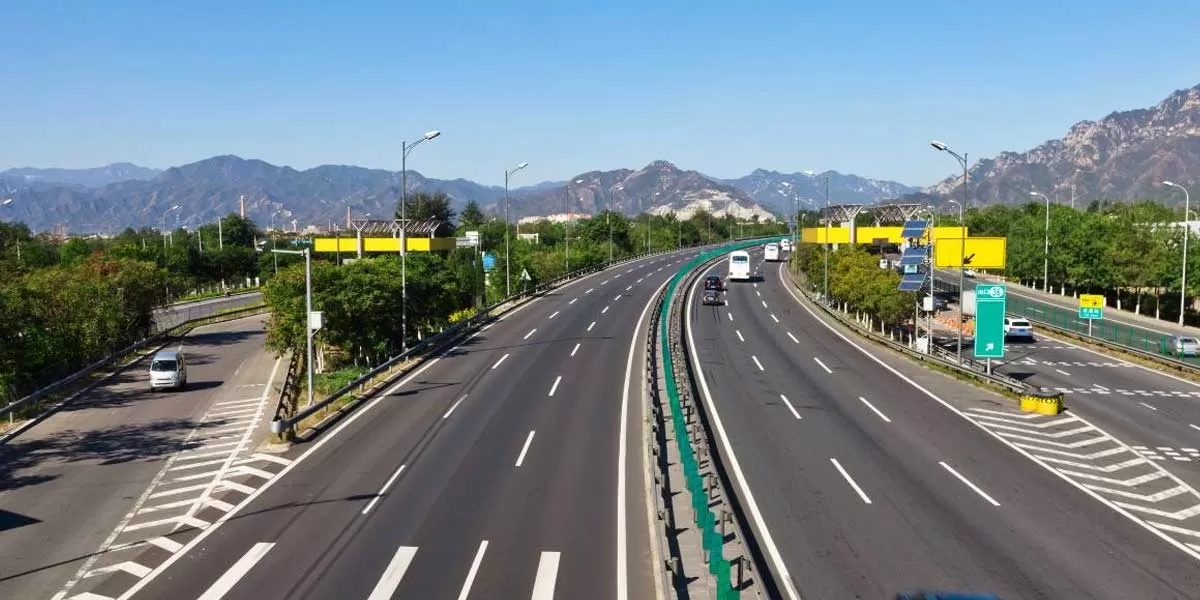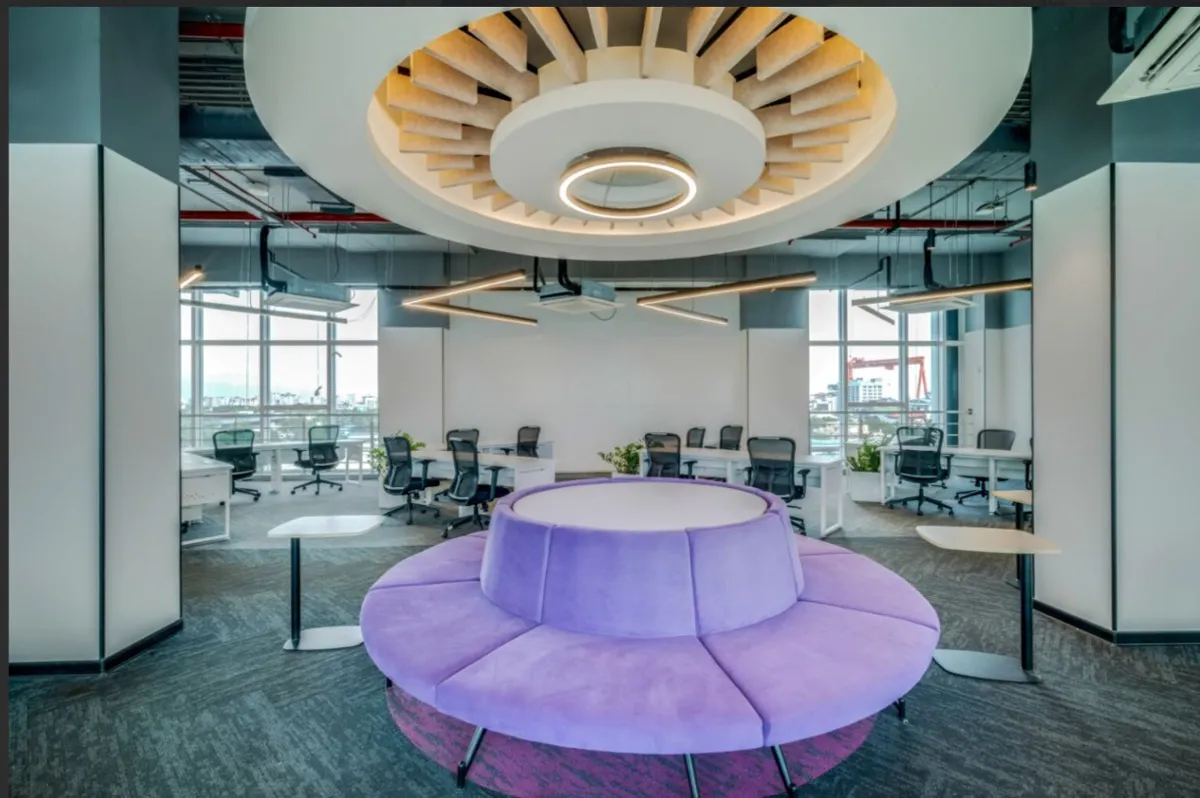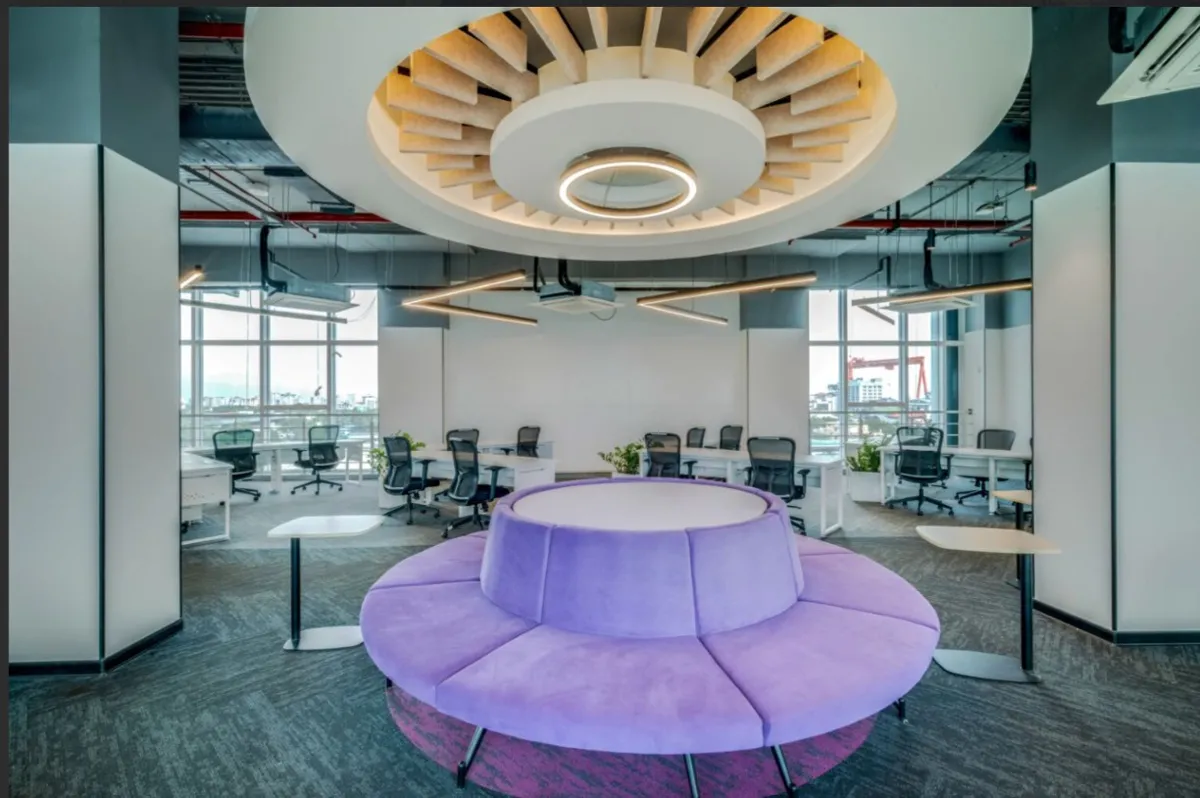
Highway Construction Targets Lowered Despite Growth Agenda

Godrej Interio Powers Kerala Metro Projects
Interio by Godrej, a flagship furniture and turnkey solutions brand from the Godrej Enterprises Group, has expanded its presence in Kerala’s infrastructure development landscape by securing and executing projects worth more than ₹90 crore in Kochi. The portfolio includes a Rs 690 million Electrical & Mechanical (E&MVAC) work order from Kochi Metro Rail (KMRL) for Phase 2 of the Kochi Metro, along with the successful completion of a Rs 240 million design-and-build project for Kerala State Information Technology Infrastructure (KSITIL) at Kochi’s Infopark.Speaking on the milestone,..

Godrej Interio Powers Kerala Metro Projects
Interio by Godrej, a flagship furniture and turnkey solutions brand from the Godrej Enterprises Group, has expanded its presence in Kerala’s infrastructure development landscape by securing and executing projects worth more than ₹90 crore in Kochi. The portfolio includes a Rs 690 million Electrical & Mechanical (E&MVAC) work order from Kochi Metro Rail (KMRL) for Phase 2 of the Kochi Metro, along with the successful completion of a Rs 240 million design-and-build project for Kerala State Information Technology Infrastructure (KSITIL) at Kochi’s Infopark.Speaking on the milestone,..

Gartner Recognises Newgen as Niche Player
Newgen Software, a global provider of AI-enabled end-to-end automation solutions, announced that it has been recognized as a Niche Player in the 2025 Gartner® Magic Quadrant™ for Business Orchestration and Automation Technologies (BOAT). The recognition reflects Newgen’s ability to execute and the completeness of its strategic vision.The Gartner report evaluated 20 global vendors to guide enterprises in selecting the right business process automation platform. According to Gartner, BOAT is a unified software platform that enables enterprise-wide automation through capabilities such as pro..
















